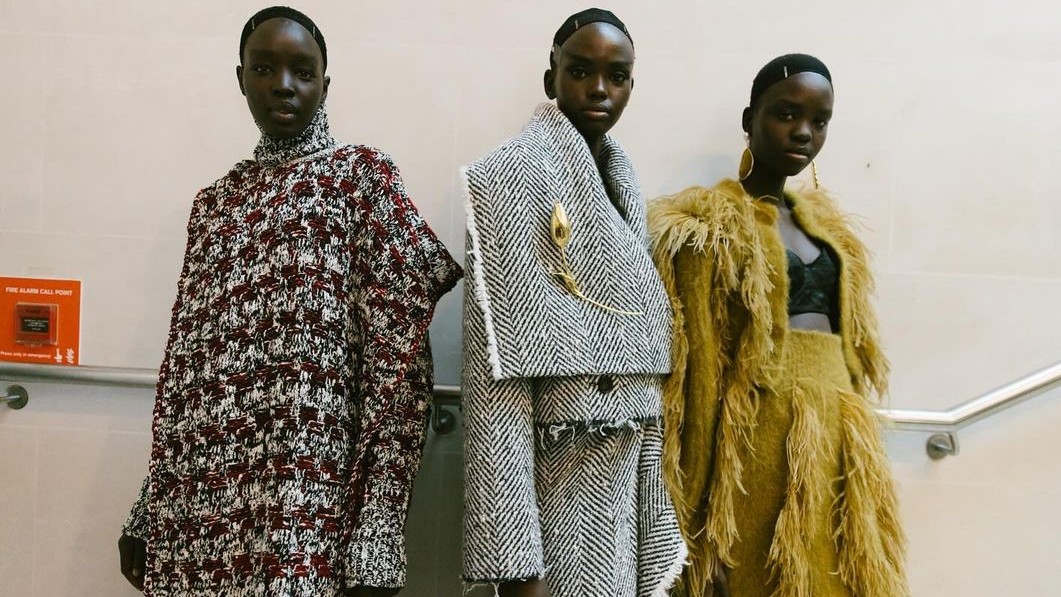In a groundbreaking move for the fashion industry, London Fashion Week (LFW) will become the first major fashion event to ban exotic animal skins starting in 2025. This historic decision means designers showcasing their collections will no longer be allowed to use skins from animals such as crocodiles, alligators, and snakes. This bold step sets a significant initiative for the future of fashion, aligning LFW with global movements toward sustainability and ethical fashion practices.
The announcement was made by David Leigh-Pemberton, the British Fashion Council’s deputy director for policy and engagement, during a recent speech in Parliament. This ban follows the British Fashion Council’s previous commitment to eliminating fur from its fashion shows, a promise made in 2018 and officially implemented in December 2023.
Sustainability future of fashion
London has consistently positioned itself as a leader in promoting sustainable fashion. It was the first renowned fashion week to ban fur, and now it has taken another step forward by eliminating exotic animal skins. This places London in the company of smaller but influential fashion weeks, like those in Melbourne and Copenhagen, which have already implemented similar bans. However, other major fashion capitals, including Milan and Paris, continue to feature fur in their shows, showcasing a divide in industry standards.
According to The Business of Fashion, London Fashion Week, which is strongly influenced by new designers, may find it simpler to implement the prohibition on exotic animal skins because the principal users of such materials are frequently leather goods powerhouses. Feathers, on the other hand, present a more complex difficulty because they are regularly utilized as clothing trim, and distinguishing between real and fake feathers can be difficult. In reality, in 2023, sellers such as Boohoo and Selfridges were discovered to have mislabeled actual feathers as faux.
British Fashion Council (BFC) initiative
The British Fashion Council (BFC) announced the ban as part of its broader initiative under the Institute of Positive Fashion. This initiative focuses on advancing sustainability, social responsibility, and environmental standards within the fashion industry. The move comes in response to growing pressure from animal rights organisations, such as PETA, which have long advocated for an end to the use of exotic animal skins, similar to the fur industry.
PETA’s Vice President of Corporate Projects, Yvonne Taylor, praised the BFC’s progressive decision, stating, “Tens of thousands of PETA supporters contacted the BFC, calling for this progressive move. We salute the compassionate British designers who helped usher in this policy.”
This step reflects a growing shift in the fashion industry toward more sustainable and ethical practices, encouraging other fashion events and brands to follow suit. As we look toward 2025, this ban marks a historic moment in the fashion world, signalling a new era for the industry—one that prioritises compassion, sustainability, and ethical choices.
